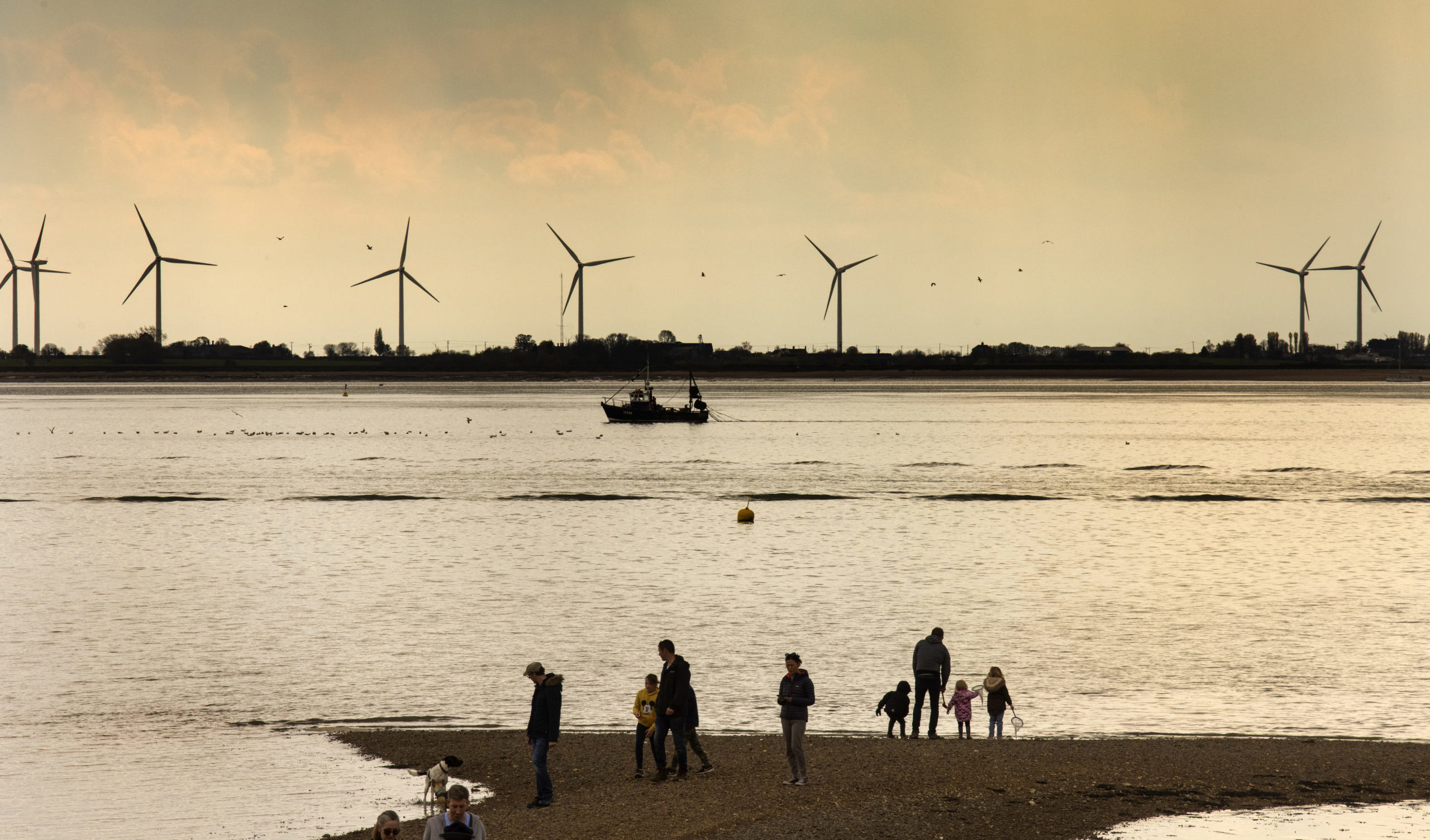As the lights start going off around Europe this summer, there is every chance the same could happen here. Last month parts of London came very close to a blackout. As temperatures soared, electricity demand surged, and the National Grid experienced bottlenecks. The blackout was only avoided by paying a record-breaking £9,724.54 per megawatt hour to persuade Belgium to send more energy via interconnectors. This was 5,000% higher than the typical price paid. While the causes of this particular incident were idiosyncratic, it raises issues that could prove important this coming winter as Europe faces down an energy crisis.
Britain’s reliance on interconnectors — that is, high-voltage cables that connect our energy grid to those of other countries — is the result of the move away from fossil fuels. Fossil fuels, whatever their faults, are extremely reliable. So long as there is oil or gas in the tank, it is easy to fire up the heat at the flick of a switch. Renewables, on the other hand, rely on contingent sources of power: they only work when the sun shines or the wind blows. Interconnectors provide a stopgap solution for when the renewable sources are dormant.
Green advocates laud the complex, market-driven solution of interconnectors. But last month’s price hike shows the downside: if there are shortages across Europe, prices paid may rise exponentially. And this could become a problem if Europe is experiencing an energy crisis. If Europe lacks the natural gas needed to power the generators this winter, then what does Britain do when the weather changes in a way that impacts our renewable energy generation? The likely answer is that Britain will sit in the dark.
It is not just the new ‘complexified’ electricity grid that is under threat, however. Britain’s overall energy mix has changed a great deal since we last faced an energy crisis in the 1970s. As the chart below shows, coal has gone from well over 50% of British energy production to almost zero. Natural gas has stepped in to fill the gap.

Some of this gas comes from Britain’s North Sea gas fields. But not all of it. In 2019, almost half of this gas was imported. Add to this the fact that around 35% of the oil we use is imported and it starts to show how dependent the country is on energy imports.
The oil mainly comes from Norway and the United States while the gas comes mainly from Norway and Qatar. Clearly the weak link here if there were a European energy crisis would be Norway which, unlike Britain, is in the European Economic Area. Since the invasion, Britain has scrambled to secure Norwegian gas and has managed to cut deals with Norwegian suppliers, hoping to guarantee Britain energy security this winter.
But there are still two ways that Britain could experience a general energy crisis — as opposed to just an electricity crisis driven by reliance on interconnectors. One is that the situation in Europe becomes so bad that the EU declares a state of emergency and demands that gas supplies are rationed on a country-by-country basis. The other is simply that energy prices rise so high that the British people are forced into de facto rationing. Either scenario is a recipe for very high inflation and economic chaos.
In the past few decades, Britain has changed its energy consumption habits dramatically. The system that it has produced is certainly greener and cleaner, but it is also far more vulnerable to shocks. This winter will provide a serious stress-test for the new system. Let us all hope that it performs well. If it doesn’t, you may need to keep the firewood and candles close at hand.











Join the discussion
Join like minded readers that support our journalism by becoming a paid subscriber
To join the discussion in the comments, become a paid subscriber.
Join like minded readers that support our journalism, read unlimited articles and enjoy other subscriber-only benefits.
Subscribe